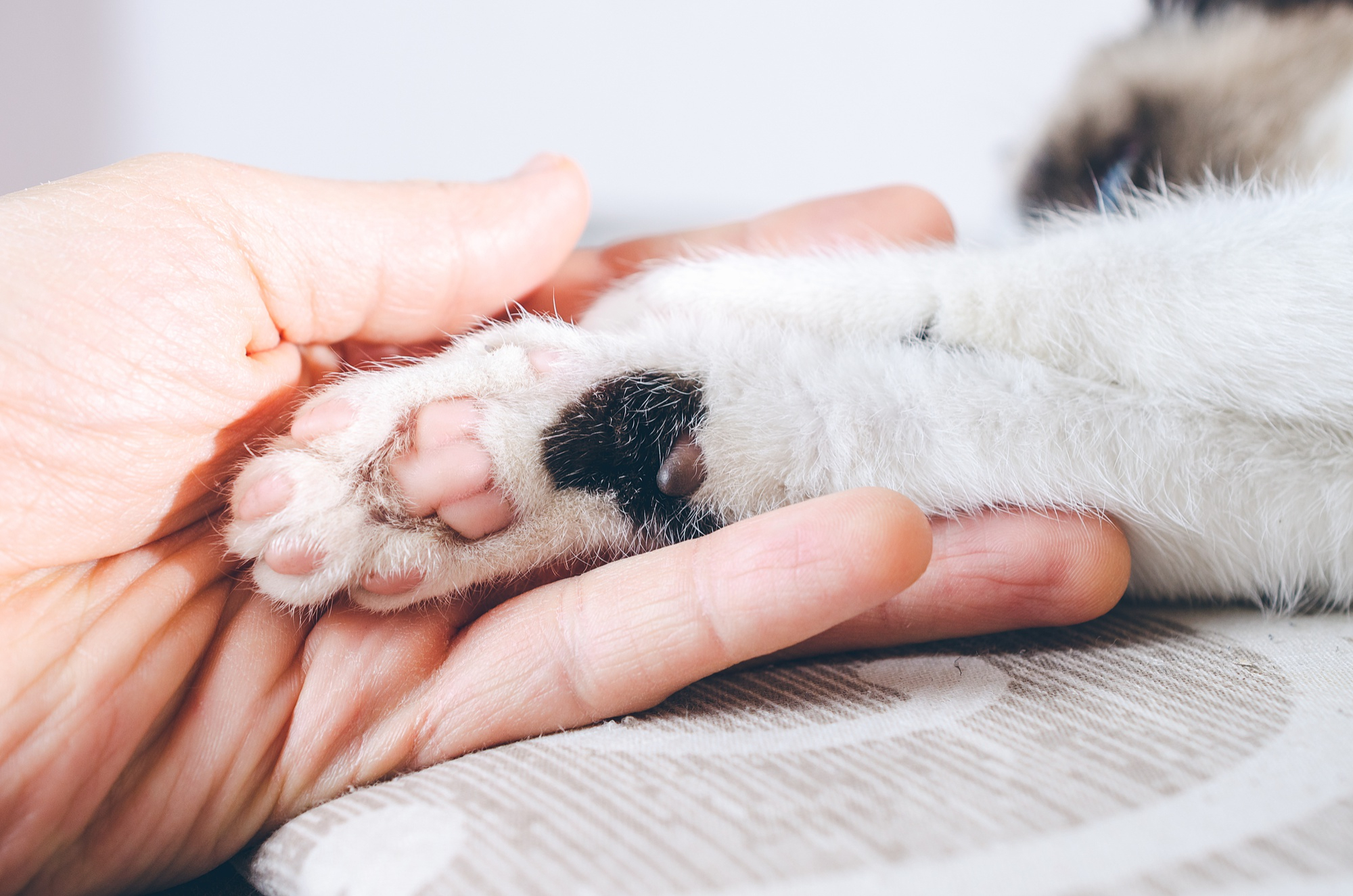Welcome to the third and final part of our preventive pet care series! In these posts, we’ve covered several tips to get proactive about looking after your pet. Today, it’s all about dogs and their monthly needs! You can click here to read part 1 (caring for rabbits) and click here to read part 2 (caring for cats).
As animal lovers and vet staff, we’ve come to realize how helpful proactive care is for our furry friends. With a little wisdom and foresight, you can support your pet’s wellness from the get-go, ensuring they stay as healthy and happy as possible.
As any dog owner can tell you, it’s not always easy to spot health concerns in a pup at first. Preventive care gives you a much better chance to notice a problem sooner, meaning you can quickly get your furry friend the help they need.
In this article, we’ll go over proactive care tips for dogs, as well as a few other tips to keep your pup in top shape. These can be applied monthly to your usual pet care routine, however you can also do them weekly or even daily if you’d prefer.
6 Things Your Dog Needs Each Month:
Quick Ear Checks
Dogs’ ears can sometimes be prone to uncomfortable or threatening health issues like mites, excess wax buildup, infections, or yeast imbalances. Though most of these issues are quickly resolved, noticing them sooner means your pup will spend less time being uncomfortable.
Though the general rule of thumb is to examine your dog’s ears once every week or two, certain breeds and individuals might need more or fewer check-ups. One thing to note is the size of your dog’s ears—breeds with large, floppy ears (e.g., basset hounds, cocker spaniels, beagles, etc.) are especially prone to build-up, and might need checks more often than a dog with smaller ears.
If you notice your dog doing a lot of scratching or pawing at their ears, it could be a sign of a health concern. Gently check their ears yourself to see if you notice any signs of irritation or any foreign objects inside. If the issue persists, we recommend taking your dog to your vet.
Regular Dog Nail and Paw Exams
Dogs do lots of walking, which means keeping their paws and nails in good shape is important. Not only will this protect your dog from pain and discomfort, but also it helps them stay active and happy throughout the day.
Your dog’s paw pads can sometimes become injured by debris on daily walks. This can range from broken glass to small rocks, to thorns you might find in nature. Paws can also become chapped or cracked, especially in dry, hot environments. Your dog’s paws are resilient, but too much walking on very hot or cold ground without protection can lead to other injuries as well.
It’s best to give your dog’s paw pads a quick check after every walk, particularly if it was a longer one. However, we also recommend doing a more in-depth examination once a month, checking for any signs of injury or pain on the pads. Catching paw-related issues early can save a lot of time and discomfort for you and your dog alike.
You should also take time each month to trim your dog’s nails. If you notice your dog snagging their nails on the rug or click-clacking across the floor when they walk, it’s time to give them a trim. This will help keep your dog comfortable and prevent any issues with broken or snagged nails later on.
Bathing and Brushing
Unlike cats, dogs need regular bathing to protect their coat and skin from irritants and other potential health concerns. Regular bathing and brushing is your chance to be proactive about any parasites trying to catch a ride on the skin, and it also keeps your pup smelling fresh and clean.
When bathing and brushing your dog, you should also take care to check the skin for any sores, bites, or unusual bumps. This is a good chance to catch any small issues before they become bigger ones.
Depending on the breed of your dog, you might want to bathe them a little more or less often. Dogs with long, oilier coats might need up to two baths a month, while a shorter-haired breed may only need a bath every six weeks or so.
Flea and Tick Treatments
No matter what part of the world you live in, you’ll need to ensure your dog is protected against ticks and fleas. Not only do these simple treatments save your dog from the agonizing itching of an infestation, but they also protect from the potential health concerns that these pests are associated with.
Your vet will prescribe your dog a suitable treatment for flea and tick prevention.
Heartworm Prevention
Heartworm is a serious concern for dogs. Left untreated, these parasitic worms can do major damage to the heart, lungs, and other internal organs of your beloved pup.
Thankfully, we don’t have heartworms in the Lower Mainland. However, please notify your veterinarian if you plan on travelling with your dog. This way we can ensure that they are on the proper preventative for heartworms if needed.
Dental Hygiene
Dental issues are sadly quite common for dogs since many dog owners don’t think it’s necessary to give them any regular dental care. However, regular brushing of your dog’s teeth is an essential proactive measure to protect your dog from gingivitis, tooth loss, sore or bleeding gums, and much more.
Though a healthy diet, certain chew toys, and dental care treats can go a long way, none of it truly replaces teeth brushing as the main way to protect your dog’s dental health. It’s recommended to brush your dog’s teeth at least once a week. Your vet can give suggestions for special dog toothpaste and toothbrushes to help make the job a little easier.
As you can see, getting proactive about your dog’s health and well-being doesn’t have to be complex. In fact, it all comes down to a few simple habits and routines that, combined, make a huge difference in your dog’s comfort and happiness.
We hope you enjoyed our Preventive Pet Care series! Please let us know if you have any questions about them.
Creative Commons Attribution: Permission is granted to repost this article in its entirety with credit to Hastings Veterinary Hospital and a clickable link back to this page.






